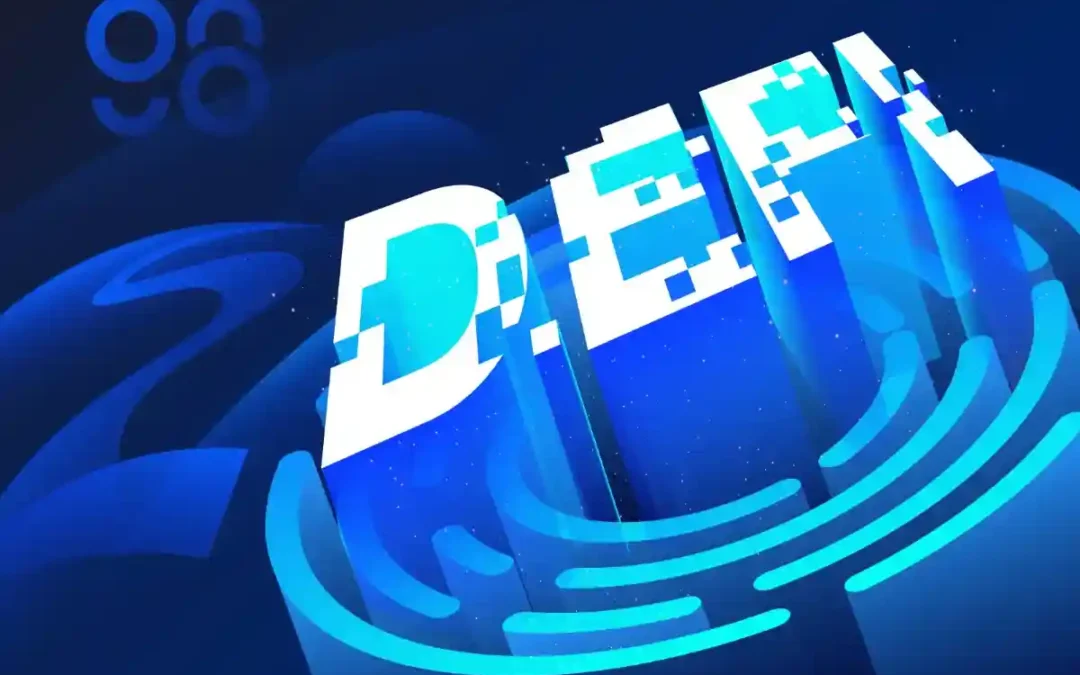In recent years, Decentralized Finance (DeFi) has emerged as a revolutionary force in the financial world, promising to democratize access to financial services and reshape traditional banking systems. While the potential of DeFi is undoubtedly exciting, it’s essential to recognize that this innovative ecosystem also comes with its own set of limitations and challenges. In this article, we’ll explore some of the key limitations of DeFi that every investor and enthusiast should be aware of.
Security Concerns
One of the foremost concerns surrounding DeFi is its susceptibility to security vulnerabilities. Unlike traditional financial systems that benefit from centralized oversight and regulation, DeFi platforms operate in a decentralized manner, making them attractive targets for hackers. Incidents of smart contract exploits and rug pulls have highlighted the need for robust security measures within the DeFi space.
Smart Contract Risks
DeFi relies heavily on smart contracts, self-executing contracts with the terms of the agreement directly written into code. While smart contracts offer efficiency and transparency, they are not immune to bugs or coding errors. Flaws in smart contracts can lead to catastrophic financial losses for users, emphasizing the importance of thorough auditing and testing procedures.
Lack of Regulation
Unlike traditional financial institutions, DeFi platforms operate outside the realm of traditional regulation. While this provides users with greater autonomy and freedom, it also exposes them to higher levels of risk. Without regulatory oversight, users may fall victim to fraudulent schemes or unreliable projects, highlighting the need for increased due diligence when navigating the DeFi landscape.
Scalability Issues
As the popularity of DeFi continues to soar, scalability has become a significant concern. The Ethereum blockchain, which hosts the majority of DeFi applications, has struggled to handle the growing demand, leading to network congestion and high transaction fees. Addressing scalability issues is crucial for the long-term viability of DeFi and its ability to accommodate mass adoption.
Limited Interoperability
While DeFi has made significant strides in providing decentralized alternatives to traditional financial services, interoperability between different DeFi protocols remains limited. This lack of interoperability restricts the seamless transfer of assets and liquidity between platforms, hindering the overall efficiency and accessibility of the DeFi ecosystem.
Market Volatility
DeFi markets are known for their high levels of volatility, with prices of tokens and assets subject to rapid fluctuations. While volatility presents opportunities for profit, it also exposes investors to increased risk and uncertainty. Managing risk in the highly volatile DeFi market requires a thorough understanding of market dynamics and risk management strategies.
Conclusion
while DeFi holds immense promise for revolutionizing the financial industry, it is not without its limitations and challenges. Security vulnerabilities, smart contract risks, regulatory concerns, scalability issues, interoperability limitations, and market volatility all pose significant challenges to the widespread adoption and success of DeFi. However, by acknowledging these limitations and working towards innovative solutions, the DeFi community can continue to push the boundaries of decentralized finance and unlock its full potential.

